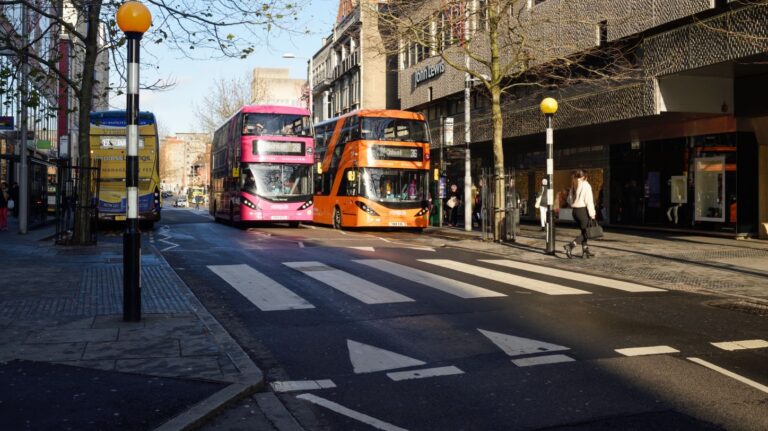The UK government has introduced new legislation aimed at overhauling the way bus services operate across England.
The Bus Services Bill seeks to give local authorities greater control over routes, timetables, connections and fares in a move to improve service reliability and better meet the needs of local communities.
The bill aims to end the so-called “postcode lottery” in bus services by allowing local authorities to establish their own bus companies or work more closely with private operators.
It follows the government’s earlier £1bn investment in bus services, which included capping single bus fares at £3 and enhancing service frequency.
The new legislation is intended to build on this commitment by enabling local councils to tailor services more effectively to local demand.
UK transport secretary Heidi Alexander described the legislation as a “crucial step” in improving public transport and enhancing living standards across the country.
“It is high time we recognise that local leaders need to be able to make decisions about their buses,” she said.
“The introduction of the Bus Services Bill marks the next step on our journey to overhaul how bus services operate, delivering on our commitment to improve living standards across the country.”
The bill will also introduce new safety measures, requiring bus drivers to undergo training to identify and respond to threats of violence against women and girls, as well as anti-social behaviour.
One of the key changes brought about by the bill is the removal of the legal ban on local authorities creating their own publicly owned bus companies.
This change is seen as a way to replicate initiatives such as Greater Manchester’s Bee Network, which has seen a 5% increase in passenger numbers and improved service reliability since public control was established.
The government has also responded to feedback from a consultation on guidance for local leaders seeking public control of bus services.
As a result, new guidance has been published to streamline the franchising process, making it easier for local authorities to take control of bus services.
In addition to enhancing local control, the bill proposes further measures to improve bus services.
Lifeline bus routes serving rural and deprived areas will be protected, with councils required to review any potential changes to ensure communities are not left without essential transport links.
To ensure efficient use of resources, 50% of revenue from surplus lane rental fees – charges paid by utility companies for occupying roads during street works – will be reinvested in bus infrastructure.
The bill’s introduction follows recent moves to grant local leaders greater authority over rail services, mirroring the push for more local control in the bus sector.
Regional mayors, including Andy Burnham of Greater Manchester and Tracy Brabin of West Yorkshire, have pledged to maintain local fare caps below £3 with support from the government.





